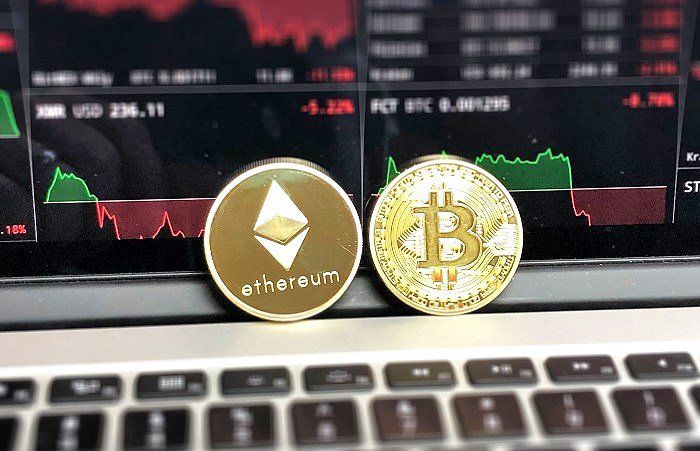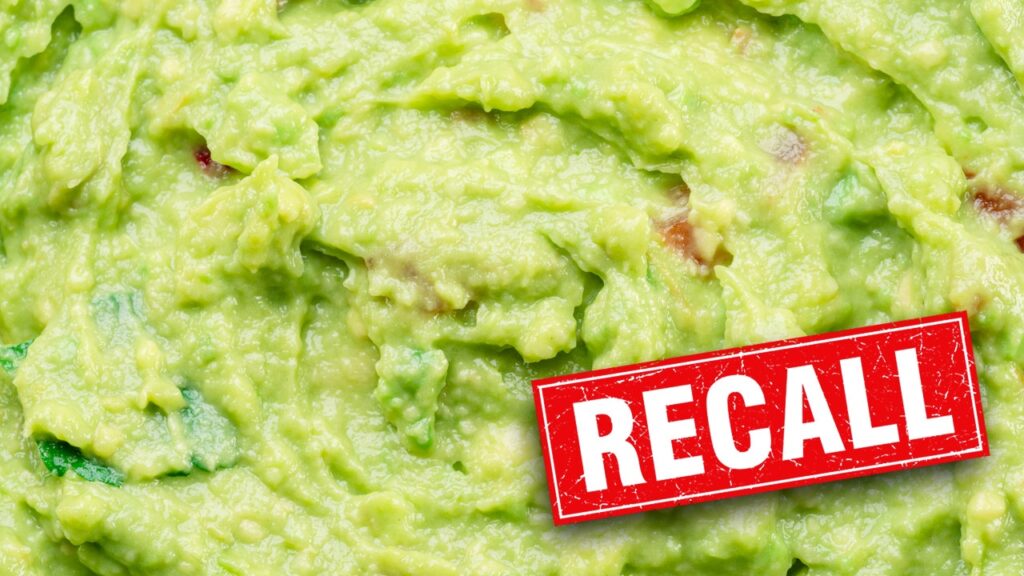:max_bytes(150000):strip_icc():format(jpeg)/bitcoin_crypto-5bfc3235c9e77c00519be1ff.jpeg)
What Is Cryptocurrency Exchange Self-Regulation?
Cryptocurrency exchange self-regulation is when exchanges join an industry-sponsored organization intended to instill customer and investor confidence by creating transparency, best practices, and guidelines for member exchanges to follow. Many cryptocurrency exchange self-regulating organizations (SROs) also incorporate punishments or sanctions for members who violate their codes of conduct or articles.
Key Takeaways
- Cryptocurrency exchange self-regulating organizations are industry entities formed to govern member exchanges.
- Several countries have cryptocurrency exchange SROs, such as Japan, the United Kingdom, and the U.S.
- Cryptocurrency exchange SROs were initially formed to assist in regulating cryptocurrency exchanges until regulations were further developed, but many have persisted, publishing guidelines and best practices for exchanges.
Why Crypto Exchange Self-Regulation Is Important
Within the context of cryptocurrency exchanges, self-regulation is the establishment of guidelines, industry organizations, and a code of conduct for market participants to operate businesses within the ecosystem. Those guidelines can span a broad spectrum, from ensuring members follow regulations to maintaining transparency or ensuring proper security procedures are followed.
Self-regulatory organizations (SROs) are generally formed when industry leaders and influencers decide there needs to be an organization that guides the industry in best and legal practices. The organizations usually publish learning materials, offer legal advice, host industry events, license professionals, and, in some cases, work with regulators.
A cryptocurrency exchange SRO can provide protection to customers by employing lawyers, accountants, financial industry experts, and analysts. SRO members join the organization knowing they can be audited, inspected, and even punished by the organization, all of which acts as a deterrent for unethical or criminal behavior.
What About Regulators and Established SROs?
The Securities and Exchanges Commission and state securities regulators regulate cryptocurrency exchanges in the U.S. The Financial Industry Regulatory Authority (FINRA) enforces securities rules and educates cryptocurrency investors, and the North American Securities Administrators Association (NASAA)—both of these are SROs—performs all of the previously described functions and investigates state securities law violations. However, they are not cryptocurrency exchange-specific organizations and are limited by the resources they have and the scope of the industries they work in.
A crypto exchange self-regulatory organization is an addition to these investing and financial self-regulating organizations. They work to ensure businesses, clients, and customers are safe from predatory and fraudulent exchange practices. For example, had the crypto exchange FTX been subjected to regular audits by an exchange-specific SRO, its theft of customer funds and corrupt practices may have been identified long before its collapse.
Countries With Crypto Exchange Self-Regulatory Organizations
There has been a worldwide move towards the self-regulation of cryptocurrency exchanges since the 2010s. For example, Japan and South Korea pioneered self-regulation in cryptocurrency exchanges.
The Japan Virtual and Crypto Assets Exchange Association (previously the Japan Cryptocurrency Exchange Association) is an organization of crypto exchanges in Japan that creates rules, collects and distributes data and information, and regulates the activities of its members. The Association is guided in its practices by its articles of incorporation, which member exchanges agree to abide by. Directors of the Association are CEOs of prominent crypto exchanges and industry experts from the fields of accounting, political science and economics, business, and law.
South Korea’s Digital Asset Exchange Alliance is an SRO composed of five Korean exchanges: Gopax, Bithumb, Upbit, Korbit, and CoinOne. The Alliance works to protect and educate virtual asset users and maintain order in the markets.
The UK’s seven biggest crypto companies have formed CryptoUK, a trade body with its own self-regulatory code of conduct. Among the measures listed on the organization’s website is a commitment to segregating fiat customer money from company funds and to ensure that customer funds are payable if there is a hack or crash (which are part of “insolvency events”) at the exchange.
In the United States, the founders of the Gemini Exchange proposed a Virtual Commodity Association to regulate cryptocurrency exchanges and other businesses. Members of the VCA would commit to following the Association’s rules and accept sanctions if they fail to uphold them. As of November 2024, there were only two members, Gemini and Bitflyer. The Crypto Market Integrity Coalition (CMIC) was the most active organization in the U.S. in November, with exchanges, consultants, analysis firms, and businesses as members.
What Are the Top Crypto Exchanges?
According to trust or confidence scores created by popular crypto data aggregation sites CoinGecko and CoinMarketCap, Binance, Bybit, and Coinbase are the top cryptocurrency exchanges.
What Is the Best Regulated Crypto Exchange?
It depends on who you talk to and how they rate the “best” exchange. Popular regulated exchanges are Binance, Coinbase, ByBit, and Kraken.
What Is the Best Crypto Swap Exchange?
Crypto swap exchanges are platforms that allow you to swap cryptocurrencies without converting them to fiat first. Most decentralized exchanges are designed for cryptocurrency swapping. Popular swap exchanges are Uniswap, Pancake Swap, Sushiswap, and dYdX.
The Bottom Line
Many governments around the world have introduced regulatory frameworks for cryptocurrency or used their existing rules to regulate cryptocurrency exchange activity. Cryptocurrency self-regulatory organizations have been created in many countries to govern the activities of members and help regulators ensure a fair market exists while protecting customers.



